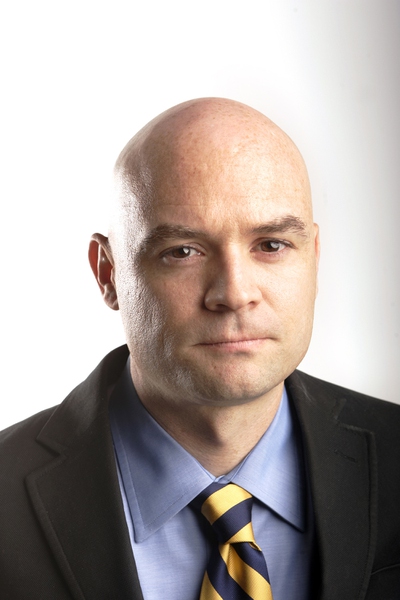Friday, April 29, 2011 | 2 a.m.
View more of the Sun's opinion section
Sun archives
The story is well known and oft told: Selma, Ala., March 1965. John Lewis and Hosea Williams and 600 civil rights activists marching across the Edmund Pettus Bridge. They would march to Montgomery for voting rights. First, though, they would be bludgeoned by state troopers. Bloody Sunday.
That was hardly the first time Lewis encountered violence and refused to respond in-kind. As one of the Freedom Riders in the summer of 1961, he was hit by a white mob at a Greyhound station in Rock Hill, S.C.
Lewis, now a Democratic congressman from Georgia, is in town today. At the Mirage, he’ll help introduce a new PBS “American Experience” documentary on the Freedom Riders, before helping the First African Methodist Episcopal Church of Las Vegas celebrate its 45th anniversary with a dinner at the Suncoast.
I had the privilege of interviewing Lewis this week. He was warm and friendly and generous.
Lewis was born in 1940 outside Troy, Ala., where they once had a monument for John Wilkes Booth.
I recommend his remarkable memoir, “Walking With the Wind.” The name comes from one of his first memories. He was 4 and playing with cousins at his Aunt Seneva’s house when a great storm blew in. They held hands and walked from one end of the house to the other, holding up the house with their collective weight, walking with the wind.
Lewis is the son of sharecroppers. They and their 10 children had a three-room house with no electricity or running water. The old Sears catalogs were for the outhouse. Because they owned it and some surrounding acreage, they were poor, but didn’t know it.
The bus picked him up at 7 to go to the segregated school, which started at 8; but when it rained, the red clay roads became muddy, and sometimes they wouldn’t arrive until noon.
“Despite all the inequities that confronted me on the way to that classroom, I was in Heaven once I stepped inside them,” he writes. He and his parents believed education was a way out of his world, which was filled with the love of family and the dignity of hard work, but was constrained by the suffocation of Jim Crow.
On a Sunday morning in 1955, listening to WRMA on the family’s battery-powered radio, he heard the Rev. Martin Luther King Jr. “It sat me bolt upright,” he says. “It was as if he said to me, ‘John Lewis, You too can do something.’ ”
That was also the year of Emmett Till’s murder. “That could have been me,” Lewis told himself. Then Lewis would try to get a library card in Troy and be denied. Whites only.
What followed were years of study, organization, demonstration, progress and setbacks.
He never forgets those beaten, jailed and murdered, but he’ll speak of progress this evening. “It’s fitting to celebrate progress in a church,” he says.
“We brought down those signs that said, ‘White Men’ and ‘Colored Men,’ ‘White Women’ and ‘Colored Women.’ ”
“We are a better nation. We are a better people. But we must continue to strive to be a more perfect union.”
There are too many, he says, left out and left behind. “We have to pick up where Dr. King and Robert Kennedy left off.”
His is a moral vision of community, the Beloved Community, he calls it, and it is, let’s face it, usually absent in a society obsessed with self, with things, with diversion and entertainment.
We are all living off the progress achieved by the likes of John Lewis, enjoying a kind of moral dividend that has accrued from his courage. It’s time to listen to Lewis and make new progress, our own progress.
In time, Lewis and the other heroes of his generation will be gone, and, I fear, their vision of a more perfect union will recede with their memory. So we must think hard and place ourselves in our mind’s eye on that bridge in Selma, there, right there, and ask if we have the courage to cross.


Join the Discussion:
Check this out for a full explanation of our conversion to the LiveFyre commenting system and instructions on how to sign up for an account.
Full comments policy